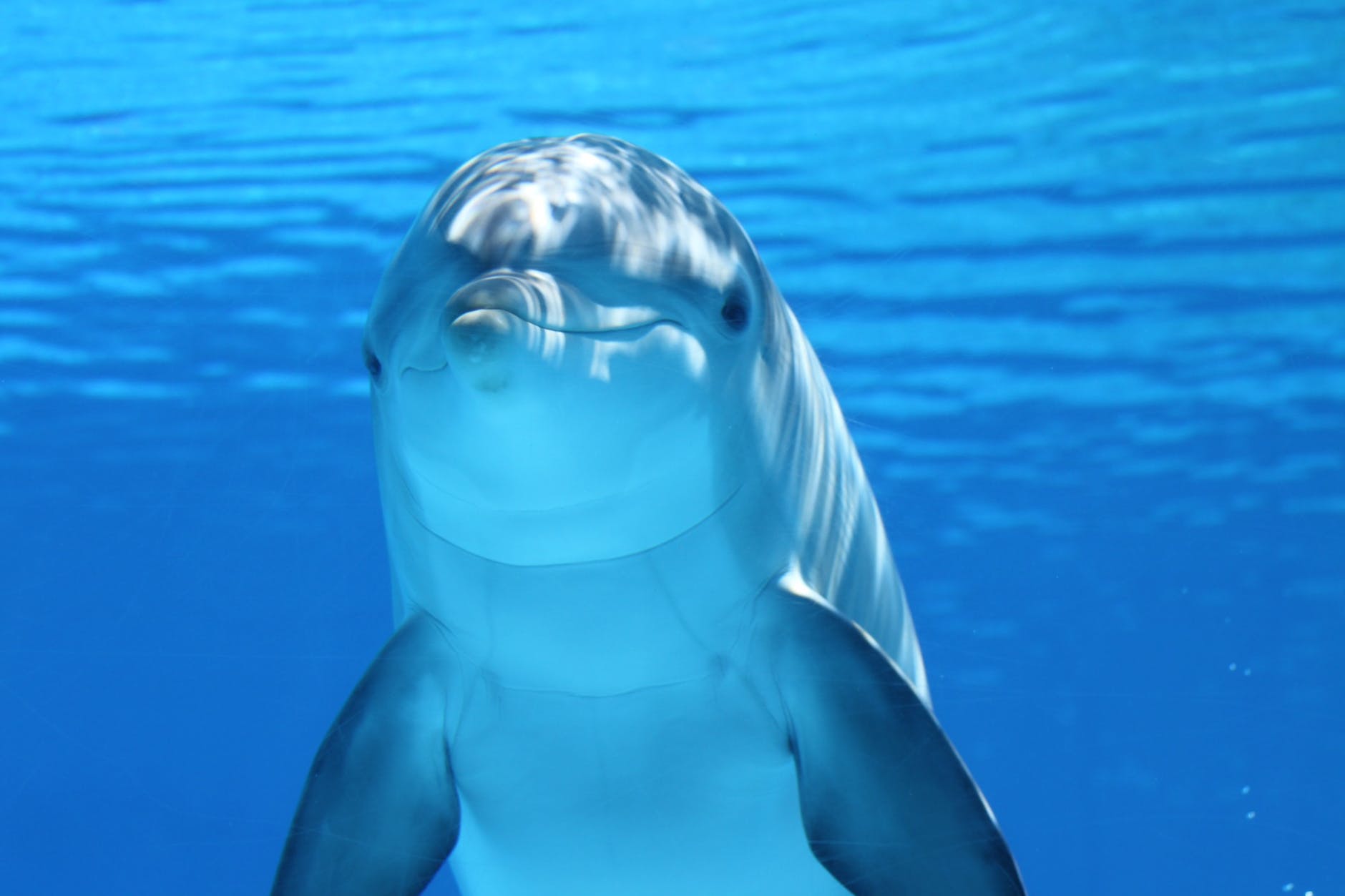Everyone enjoys times of economic prosperity. More businesses being created. An increase in employment. Briefly, economic growth brings numerous opportunities to people. However, have you ever stopped for a minute to just think about at what cost does economic growth come at? Ecologically speaking, what does monetary prosperity really mean for some species?
Recently, in Setúbal, a small city located in Portugal, a huge debate has urged. It happens that the identity responsible for managing the local seaport, has presented a project to expand it. This expansion consists of dredging sand from the river as an attempt to have deeper waters, allowing then bigger ships to enter the port. Now, this usually wouldn’t be a problem as it is often done in small scales. Nonetheless, it is estimated that the project will result in the removal of 6.5 million m³ of sand, according to an article published by Diário de Notícias (2018).
It is expected that this project will contribute to the creation of new jobs and consequent boost of the local economy of the city. Nevertheless, this doesn’t convince neither environmentalist organisations nor the local population who acknowledges the numerous negative ecological impacts this project will have on the marine life that habitats the river. A sand dredge of this dimension will disrupt sand banks which are important for numerous species of sea birds and some fish populations, disturbing then the different trophic levels.
In fact, the focus relies on the local population of dolphins. The same species has suffered in the past with pollution levels in Portuguese waters created by the huge presence of industry nearby river areas. This dolphin population is known for being a touristic attraction to the city, and a motive of pride for the local inhabitants as it means our water remains clean enough to serve as habitat for the species.

However, things may change. It has been stated in a study conducted by Todd et al. (2014), that even though indirect effects of dredging on marine mammals are more complex, it can be affirmed that the practice itself causes reductions in biomass, abundance, and species diversity for varying lengths of time. The article goes on to explain that a disruption on sedimentation may also later influence the health of several communities, contributing then to a reduction in the amount of food available for marine mammals. Besides that, it is also known that an intensification of the sound pollution in the area may also negatively impact the small local dolphin population.
Negotiations are still taking place between the Government and other organizations. However, due to its apparent lack of collaboration and interest in the negotiations, those same organizations have been accusing the Government of prioritizing the economic growth that will result from this expansion.
All things considered, is it worth it to expand the seaport knowing the consequences that will follow up? Even though I personally believe there must be a balance between economic welfare and nature protection, this time I’m against this one project.
I hope you have found this blog informative and that most importantly, you have enjoyed reading it!
Until a next time!
The real cost of economic growth
Geplaatst op 13-10-2021 door Tiago Sousa
